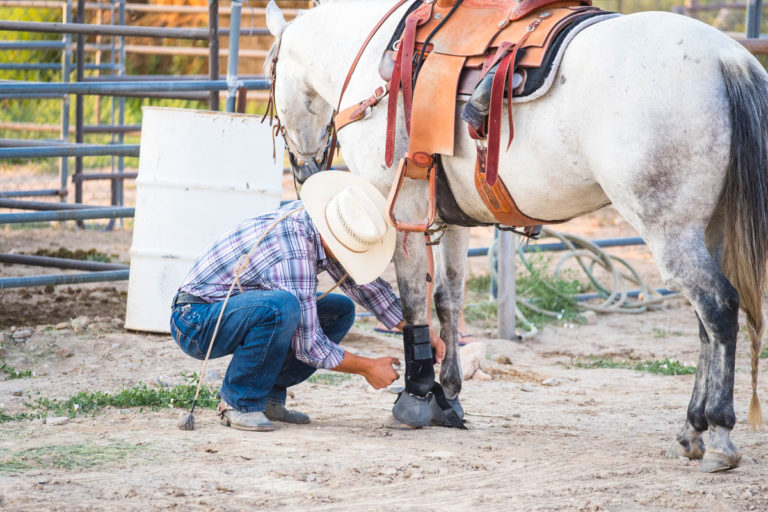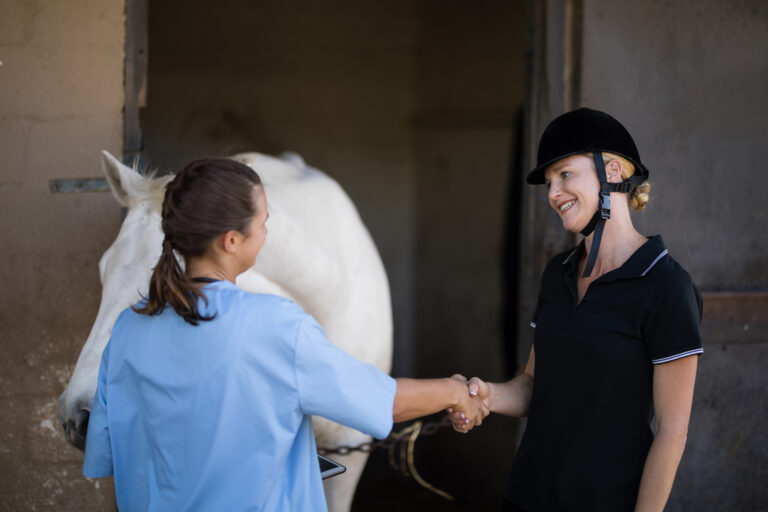
Doc Smith has worked hard over the years. He has been a sole proprietor, had a partner, gone through one divorce, split from his business partner, and now has an associate who wants to buy the entire veterinary business. Doc Smith is currently 67 years old and has decided to cash out from practicing and be a happy retiree with the monies from the sale of the veterinary business. Sounds like a plan!
The decision to sell was a spur of the moment decision. It seems he and his second wife felt it was time to transition from a hard working veterinarian to a man of relaxation. His wife, who worked for a dentist for the past 12 years, had decided that she was ready to stop working full-time at age 65 and start collecting her Social Security at the end of 2013. Doc Smith was not sure if he was ready just because he was not sure what would occupy his retirement time. He relented and said OK with the intent on finding some meaning in his life upon retiring. The assumption was his associate (five years out of school) would jump at the chance to buy the practice.
Well, she did jump at the idea! The young associate felt she was ready to take the plunge into the ownership arena. She learned a lot from her days in veterinary school and being a member of the VBMA chapter at her veterinary school. She honed her skills watching, learning and doing business management work under the watchful eyes of Dr. Smith. She really did feel comfortable in taking on the challenge of owning her own business, especially this one.
Dr. Smith was surprised and at the same time elated that his mentoring had paid off in having his associate keep the business locally owned and operated. Life was looking very exciting at this time, but he knew he had a lot of work left to do to make this happen. First and foremost was to have a valuation performed on the business.
Dr. Smith contacted a Certified Valuation Analyst (CVA) who has valued businesses and was very familiar with veterinary business valuations. Dr. Smith had read many veterinary publications that hiring a valuator familiar with veterinary businesses would be a smart decision. He interviewed a few CVAs and found one he bonded with and the fee for the valuation seemed reasonable. So, Dr. Smith signed the proposal and started to collect all of the requested materials for the valuation.
The valuation was going to be a Fair Market Value Asset or FMV (tangible and intangible) transaction with an effective date of December 31 last year. It was going to use all three approaches (Income, Market, and Asset) to arrive at a FMV for the business. The valuator was also going to add a Feasibility Analysis to demonstrate that the value was reasonable based on current loan terms. One more item was included which was called a Transactional Valuation, which looks at finding the optimum value for the owner and the optimum price for a buyer.
With the valuation piece to the puzzle started, Dr. Smith reread his publications and they stated that he need to start working with his CPA and a transactional attorney familiar with veterinary business sales. He reached out to a veterinary-specific transactional attorney that he had heard speak at one of the conferences he had attended. Dr. Smith was well on his way toward transitioning his way out of the practice.
It appeared all of the pieces were coming together. He had the valuation report, which listed the value at $750,000. According to Dr. Smith’s calculations as well as his CPA and Financial Planner the value was within the range they needed to make his future cash flow work. He approached his associate with his asking price of $750,000 for the business (real estate was a separate deal).
Before she was given a copy of the valuation report Dr. Smith–at the insistence of his transactional attorney–had a Non-Disclosure Agreement drawn up for the associate to sign before releasing the valuation report. This will ensure confidentiality of the deal going forward. After a short time she signed the agreement and received access to the valuation report and other requested documents.
After the associate and her team reviewed the report and financial documents they presented Dr. Smith with a Letter of Intent to purchase the business. Their offer was for $700,000 and after some intense negotiations the price was set at $725,000 cash with a down payment of $50,000 and the remainder at closing. The figure was acceptable to Dr. Smith.
After several months of legal haggling the final contract was ready. The associate had her loan from the lender plus monies from her home equity line to cover the purchase price. About a week or so before the closing Dr. Smith with a smile on his face and dollar signs dancing in his mind asked his CPA about the closing statement. The answer he received was not what he expected. The CPA stated succinctly that his net from the sale would be about $200,000. That got a rise from Dr. Smith!
Dr. Smith was confused. If the sale price was $725,000 what happened to all of that money. The answer was: paying off liabilities on the books, attorney fees, miscellaneous expenses, and Taxes since this was an Asset sale (debt free).
It turns out Dr. Smith purchased a significant amount of equipment a year earlier as a lease. If you have never read most lease agreements there is a provision that if you elect to pay off the lease it is your monthly payment times the number of months left on the lease. Ouch! At the same time there were some building improvements made to the facility that were financed through a local bank. Luckily there was no prepayment penalty on the loan, but it did need to be paid at the time of closing. The last large item was the tax bill on the sale of the business, which needed to be paid. The sale was turning out to be a nightmare instead of the relief of cashing in on (so he thought) his largest asset.
The moral of the story is to be prepared. What that means is to have an exit plan in place several years in advance. Selling a business is a series of events that maximizes the net proceeds to the seller while minimizing expenses, which gives you (the seller) the peace of mind that all of those years of hard work are being rewarded with a lifestyle of your choice.
Here are some thoughts for you to consider when you are contemplating transitioning out of your business. Think in terms of at least 3-5 years to get your business ready for sale. Consider working with an Exit Planning Advisor who is familiar with veterinary medicine.
They can help create a team of advisors (financial planner, estate attorney, CPA, business consultant and you) to help craft strategies so you can reach your goal of transitioning out of your business.
One of the first strategies will be determine the value of your business both gross and net of a sale. This will become very helpful for financial planning purposes as well as the basis of what needs to be done to reach the appropriate dollar figure for you to comfortably transition into the next phase of life’s incredible journey.
As the pieces to the puzzle become apparent, strategies (including tax strategies) can be prepared that gives a road map of how you will accomplish your road to a successful and rewarding sale.
Remember ole Doc Smith; he did a lot or things correctly, but he failed to ask questions early on in the process. Success is a planned event. It starts with a game plan. Are you ready?








